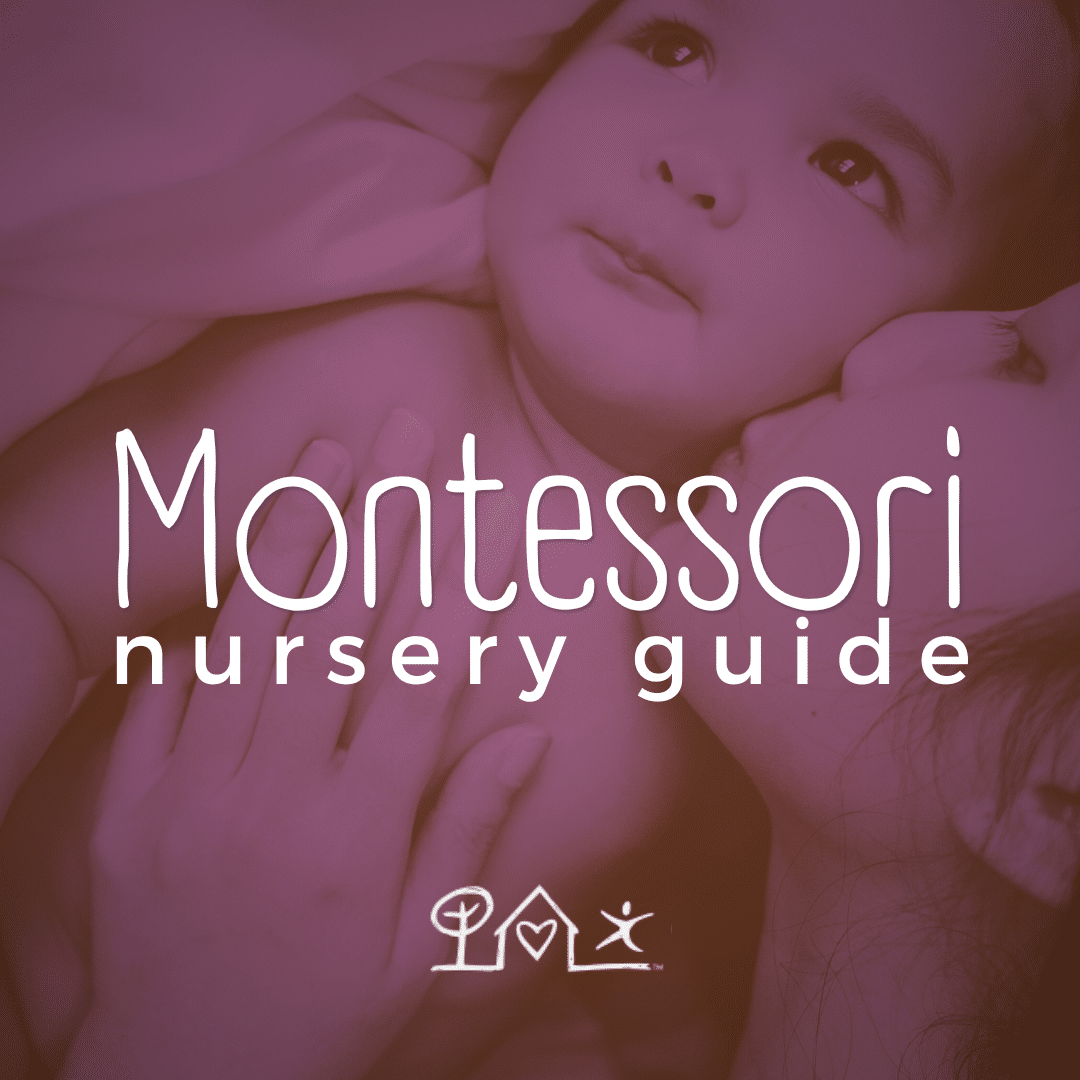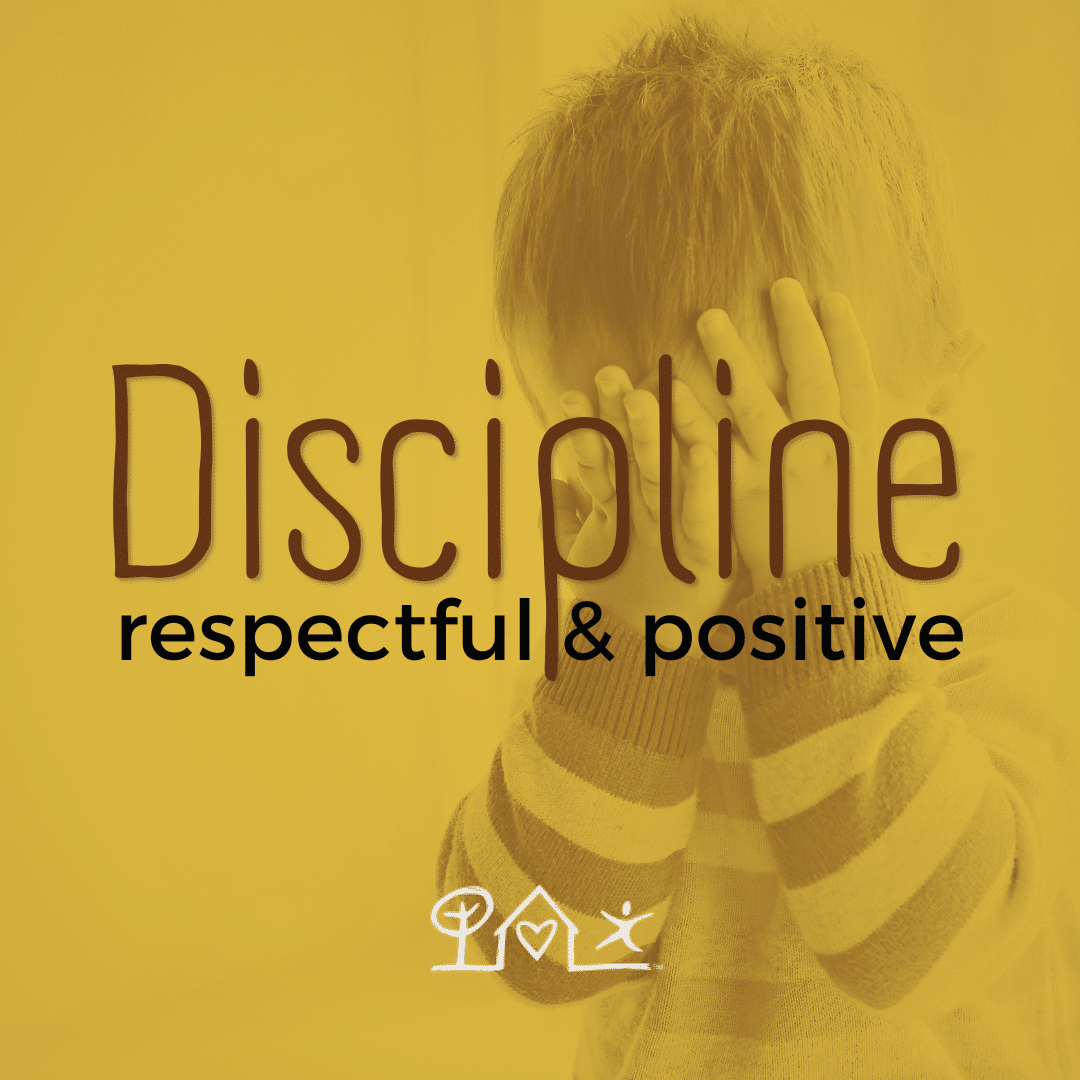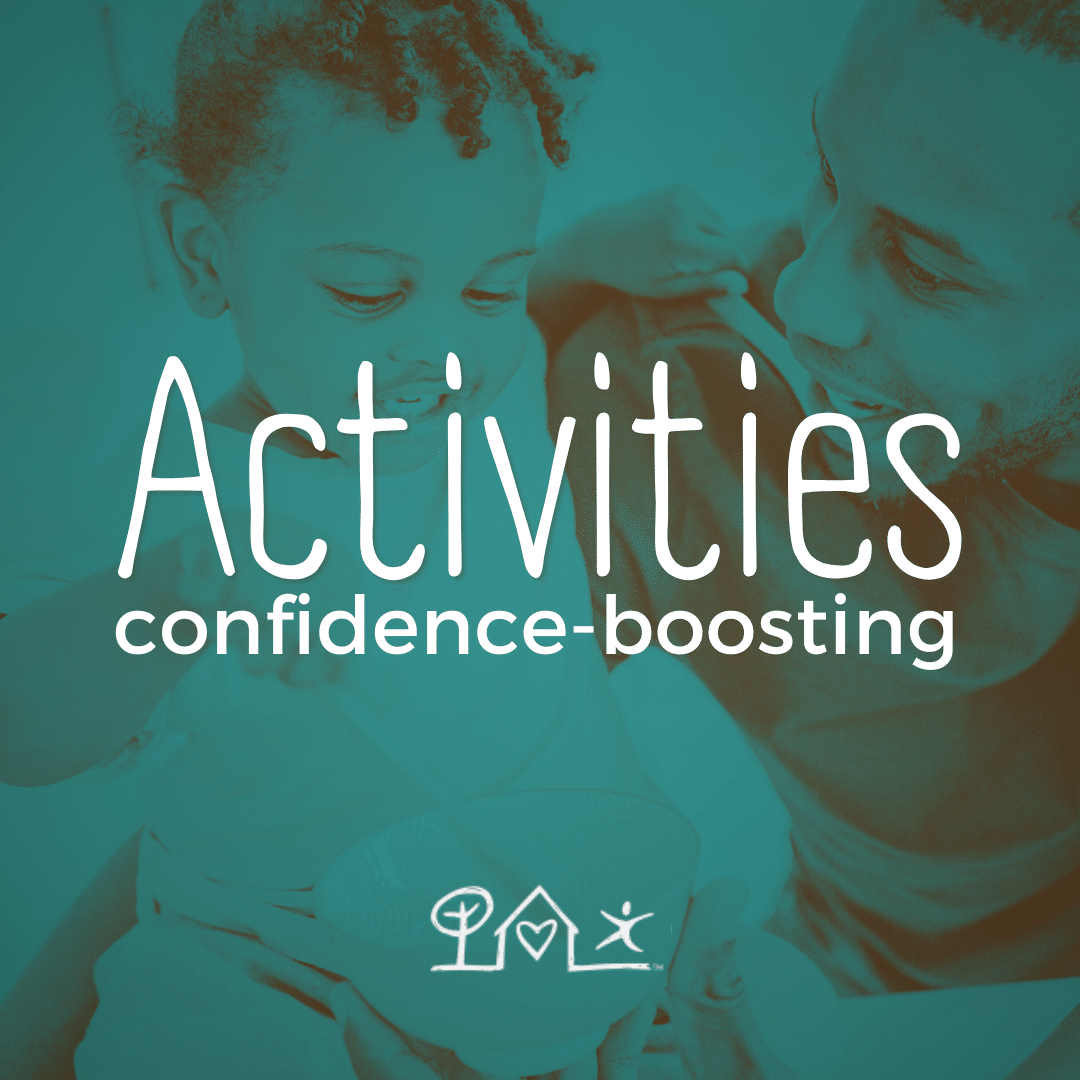Did you know that “quantities” are the first building block of the mathematical mind?
Outside of my practice as a parenting coach I’m often intrigued when I hear parents easily bragging about how their child can count from one to 100, or any other number, for that matter. If they were a client, I would politely let them know this doesn’t necessarily mean their child understands the true value or quantity of those numbers, but rather that they have an impressive memory.
When a child recites a sequence of numbers, they are demonstrating that they can repeat what they have heard, but it does not necessarily translate to an internalized concept of what those numbers mean. This understanding is essential to the development of the mathematical mind. In the Montessori method, we use a sensorial approach to help a child reach this understanding.
One thing you can do as a parent is begin to initiate conversations about quantities in your own household. Ask your child to bring you a certain number of one item in your home, perhaps, three or four pens, for example. Ask them to count out the objects in front of you so they understand how many they have selected.
As your child feels the weight of the objects in their own hands, as well as visibly sees and verbally counts them, the concepts of each of the varying quantities will become ingrained in their developing minds, setting them up for future success with mathematical thinking.
Engage them in these types of conversations on a regular basis, such as when selecting a certain number of apples from the fruit bowl for a recipe you’re making, for example. (The possibilities are endless!)
A child can more effectively learn about quantities in a real-world setting and by using tangible, everyday objects which they can physically feel. Find out how you can begin to best engage their mathematical minds by teaching them about quantities in your very own kitchen.
For more tips on how to introduce Montessori activities, read The Nine Key Points to Sharing a New Activity with Your Child.
*The appropriate age will depend on the child’s individual development and abilities as well as interest. These are all approximate ages; it is essential to follow your child’s needs by learning to observe them.
P.S. Would you like my support and guidance setting-up your Montessori home? If, yes then go ahead and schedule a ‘Discovery Session’ with me. It’s free and you’ll know if we are a good fit. 😉






